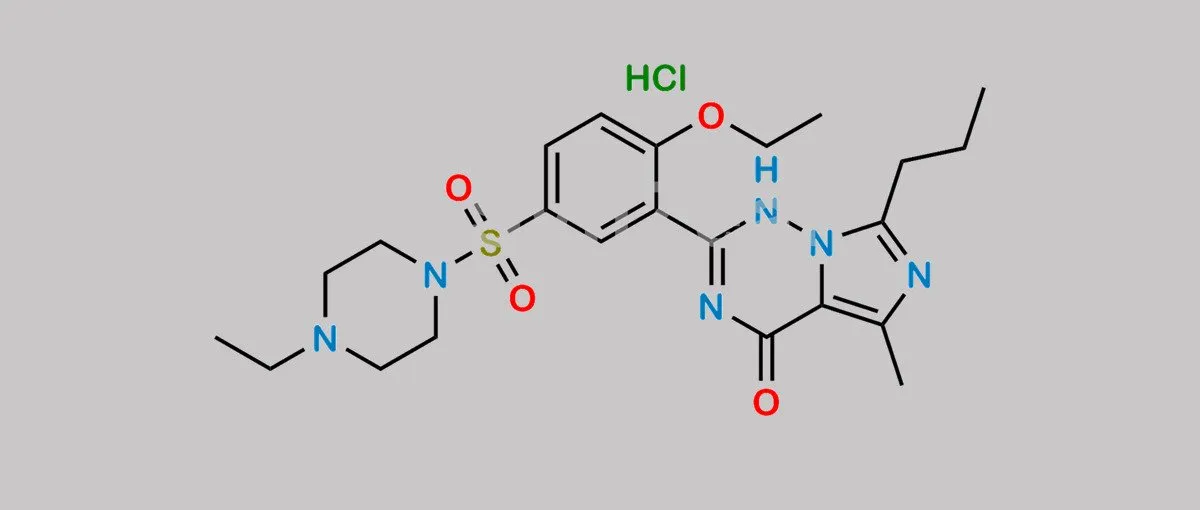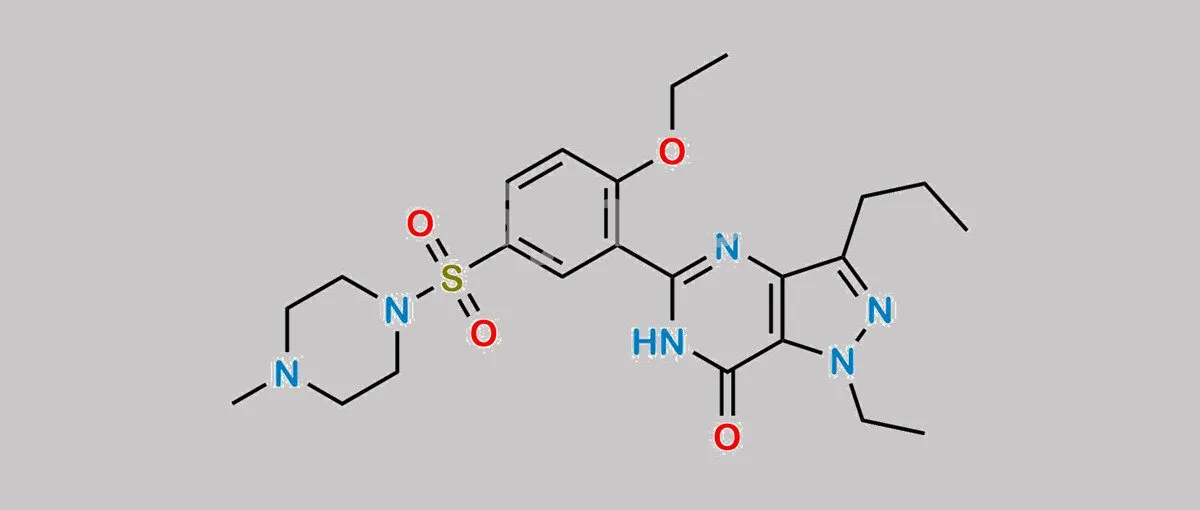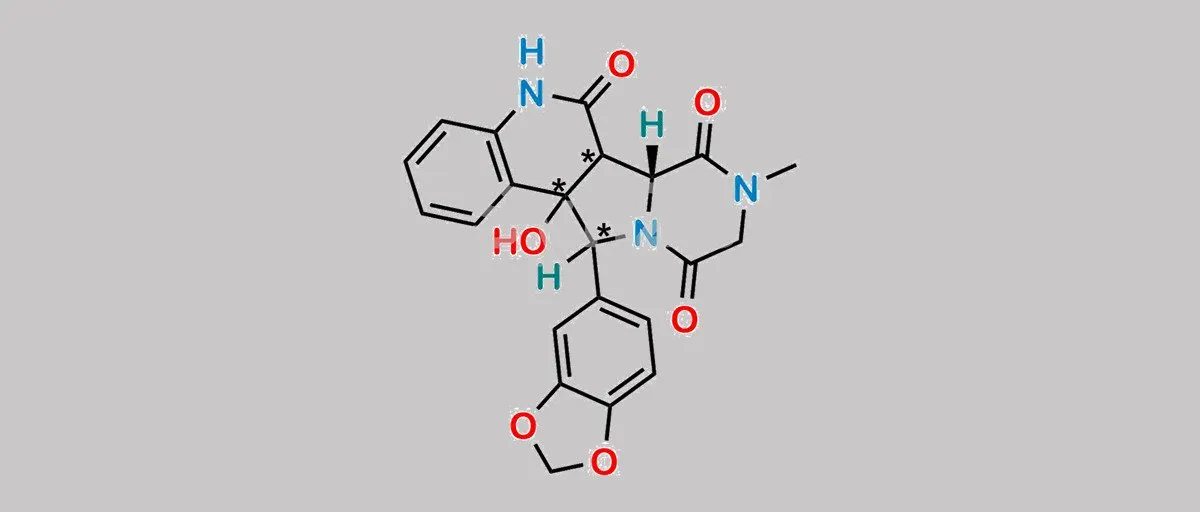Pulmonary Hypertension and PDE5
Pulmonary Hypertension (PH) is a condition in which the blood pressure in the pulmonary arteries becomes abnormally high, which places an excessive burden on the heart and can eventually lead to heart failure. This condition occurs when the walls of the pulmonary arteries become thickened, stiffened, or narrowed, restricting blood flow. Pulmonary hypertension is characterized by symptoms such as shortness of breath during exercise, chest pain, fatigue, and dizziness. Five-year survival rates for pulmonary arterial hypertension (PAH) vary widely depending on the type of disease...












